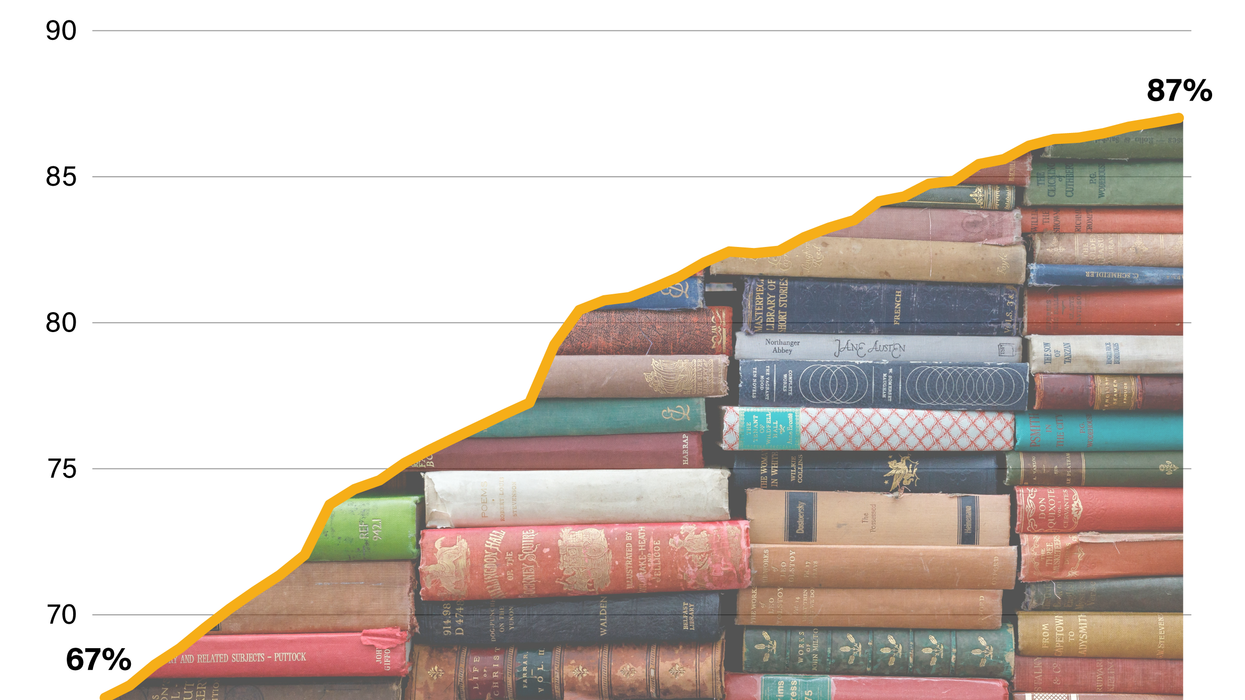UN General Assembly
The AI divide: Who gets left behind?
Almost 4 billion people lack the infrastructure to participate in the AI revolution. Can business and policy leaders ensure technology narrows, not widens, the global gap? Vice chair and President of Microsoft, Brad Smith says, "AI will either help close the great divide economically in the world, or it will make it wider." With billions lacking power, internet, and digital literacy, the stakes are high.
Sep 23, 2025



